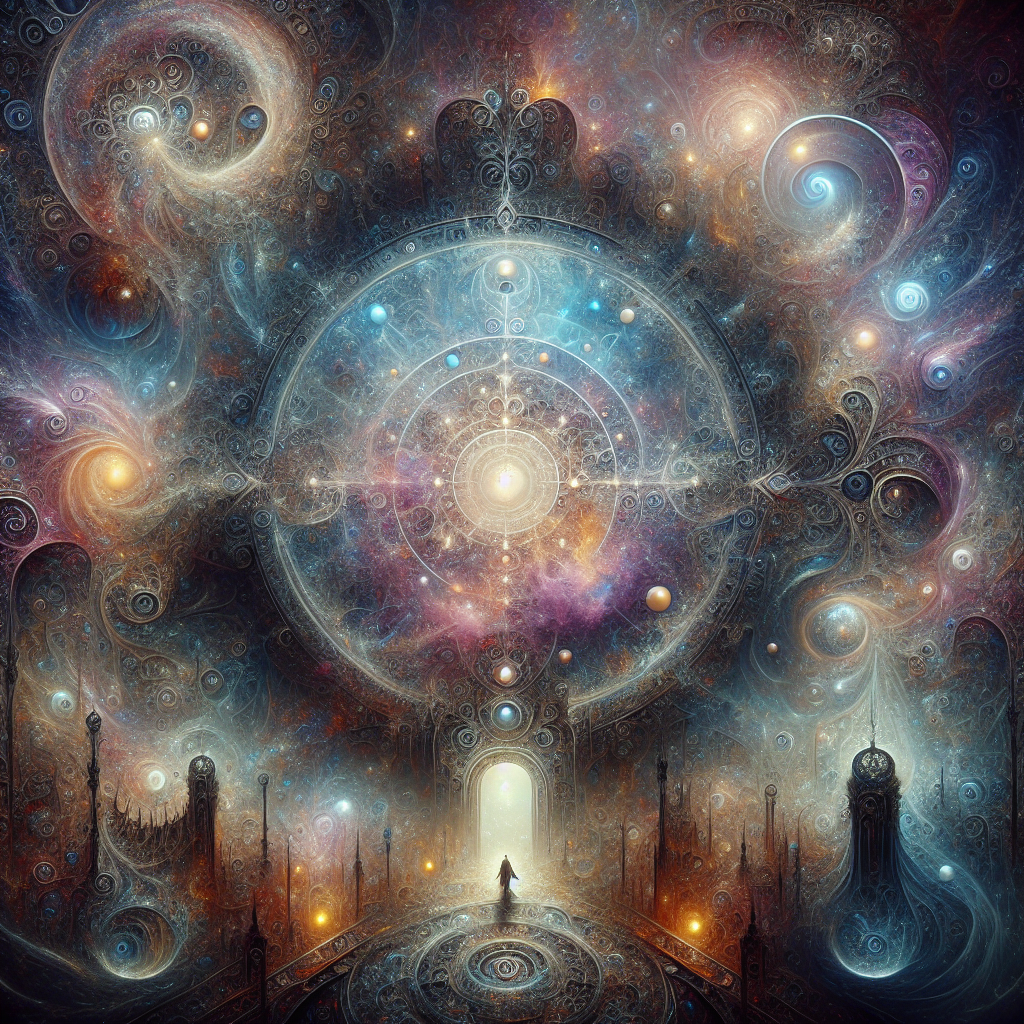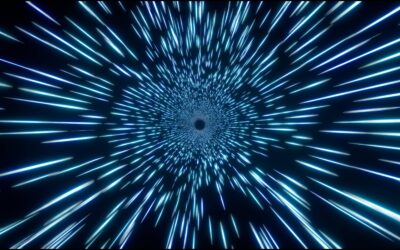Understanding Texturing: A Key Element in Art
Texturing is a fundamental aspect of art that adds depth, realism, and interest to a wide array of artistic mediums. Whether you’re a painter, sculptor, or digital artist, mastering the art of texturing can elevate your work and engage your audience on a deeper level.
What is Texturing?
Texturing refers to the surface quality of an artwork, which can be perceived visually and tactually. In traditional mediums, texturing can be achieved through techniques such as layering paint, using varied brush strokes, or incorporating materials like sand or fabric. In digital art, texturing involves applying images or patterns to surfaces to create realistic or abstract finishes.
The Impact of Texture on Visual Composition
Texture plays a crucial role in shaping the viewer’s perception of an artwork. It adds depth and contrast, breaking up the flatness of a surface and inviting the viewer to explore the piece further. The choice of texture can also evoke emotions—rough, jagged textures may convey aggression, while soft, smooth textures can instill a sense of calm.
Texturing Techniques for Various Mediums
There are various techniques for incorporating texture, each offering unique effects:
- Painting: Experiment with palette knives, sponges, and additive materials for diverse textural effects.
- Sculpting: Tools like chisels and scrapers can create intricate surface details, while additives like clay can enhance tactile qualities.
- Digital Art: Use texture brushes and overlays in software like Photoshop or Procreate to add depth and complexity to your digital creations.
Incorporating Textures into Your Work
When adding texture to your artwork, consider how it relates to your overall theme or message. Think about the mood you wish to convey. Also, don’t be afraid to experiment! Combining different textures can produce visually stunning results and draw the viewer’s eye.
Conclusion
In summary, texturing is a powerful tool in the artist’s toolkit that can transform an ordinary piece into something extraordinary. By understanding and experimenting with various texturing techniques, you can enrich your artistic projects and connect with your audience on a more profound level. Remember, the beauty of texture lies in its ability to tell a story beyond the mere visuals of the artwork.




